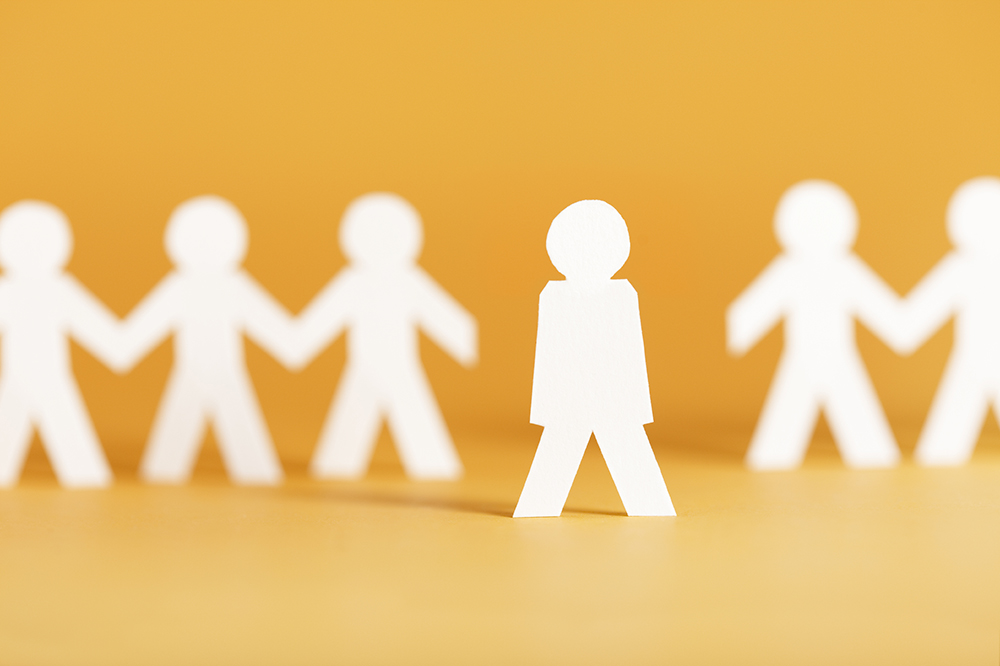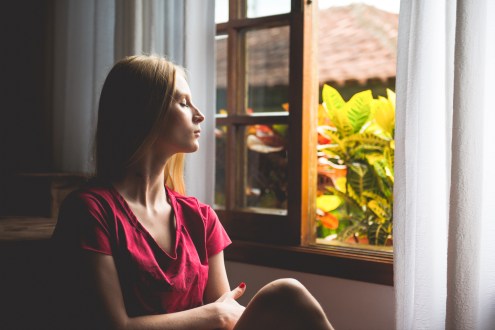When you feel like you’re no good in groups
Being part of a circle of friends is one of life’s great joys, but the dynamics of a group are not always easy. Psychologies asked a panel of experts for advice on how to navigate some of the thorniest issues

THE ISSUE
‘I am fearful of groups of friends after bad experiences in school, but also feel I might be missing out by being a bit of a ‘lone wolf’. I have lots of individual friendships, but keep them all separate. I even find it difficult being in a WhatsApp group with my cousins, as I fear they’ll talk about me in a different group! I’ve left groups many times when, for example, I felt I was being asked to take on a certain role, as I find it’s too much pressure. But some group situations, such as at work, are inevitable. What can I do to feel more comfortable with groups?’
THE ADVICE
Yes, groups are inevitable in some situations, so it does pay to understand what is going on when they form. Carol Jahme says: ‘Don’t allow fear to rule your social life. Primates are highly social, and even introverted insecure humans need a social element to their lives to survive. If you watch monkeys, you’ll see them divide up into smaller groups where they sit and groom one another, and “you scratch my back and I’ll scratch yours” alliances are forged.’
Humans are doing much the same when they meet, she says. ‘Frequently chats will be about mutual, absent friends. It’s important to remember even if we are talked about behind our backs, we’re not the true focus – we are simply a conduit for those present to psychoanalyse each other over a shared topic and establish if their interpretation matches. If gossipers agree, they reaffirm mutual trust.’
However, if past history means you are more comfortable with one-to-one friendships, there’s nothing wrong with sticking to those in your personal life. As Professor Irene Levine says: ‘Not everyone feels comfortable socialising in the same way. Some prefer the intimacy of dyads; others prefer the conviviality of a group. It’s good you recognise your preferences and what causes you stress. You need to socialise in way that feels good to you. As long as you have individual friendships, you are by no means a “lone wolf”.’
‘Please feel confident that you’re bringing your own valuable qualities to these situations,’ says Mary Fenwick, agony aunt for Psychologies. ‘Your willingness to stand up to “groupthink” is one. If you can find a way to put these feelings into words, calmly, without judgment, you’ll be surprised how much you’re respected. My most recent revelation about my own friendships came from learning more about Jung’s theories of our unconscious. If you prefer peace to noise, and value people more than tasks, this can mean you feel your attachments very deeply, but you don’t make a song and dance about them.
'To quote Isabel Briggs Myers, who worked on applying Jung’s theories more widely, “you only have to be good at your own kind of thing”, including your own definition of friendship.’
THE EXPERTS
- Carole Jahme, evolutionary psychologist and author of Beauty and the Beasts: Woman, Ape and Evolution (Virago, £10.61); jahme.com
- Irene S Levine, psychologist and professor of psychiatry at the New York University School of Medicine; thefriendshipblog.com
- Mary Fenwick, Psychologies’ resident agony aunt, coach and journalist; maryfenwick.com
- Will Murray, founder of Packtypes self-awareness cards and author of Understand Everyone (Friendly Publishing), packtypes.com
Photograph: iStock








